Crestone Ziggurat
Climb to the top of this spiritual tower, and you'll be rewarded with spectacular views.
With a population of fewer than 150 people, Crestone, Colorado, is home to several world religions, including Hinduism, Zen, Catholicism, Tibetan Buddhism, and New Age, each with its own (or, in some cases, several) spiritual center. Sitting high above the town, the Crestone Ziggurat is among the most noticeable—and scenic—of the settlement’s spiritual structures.
Ziggurats are large structures first built in ancient Mesopotamia out of sun-dried bricks. According to archaeological interpretations of ancient texts, they were typically constructed as shrines atop large complexes of buildings, with either a series of ramps on one side or a single spiral ramp leading to the top. Ancient ziggurats were intended to be dwelling places for the gods, not for public worship.
This is not the case in Crestone. Instead, public access is encouraged. Visible for miles, the Crestone Ziggurat rises from a rocky hill on the southeast edge of the Baca Grande. After purchasing the land in 1978, American businessman and father of Queen Noor of Jordan, Najeeb Halaby, commissioned the ziggurat as a private place for prayer and meditation.
Today, the ziggurat is open to the public. Visitors can climb the spiral ramp to the top, which offers stunning views of the surrounding area, making it a perfect spot for reflection and quiet contemplation. Visitors are encouraged to arrange rocks in a personal design at its base as a form of meditation and intention setting.
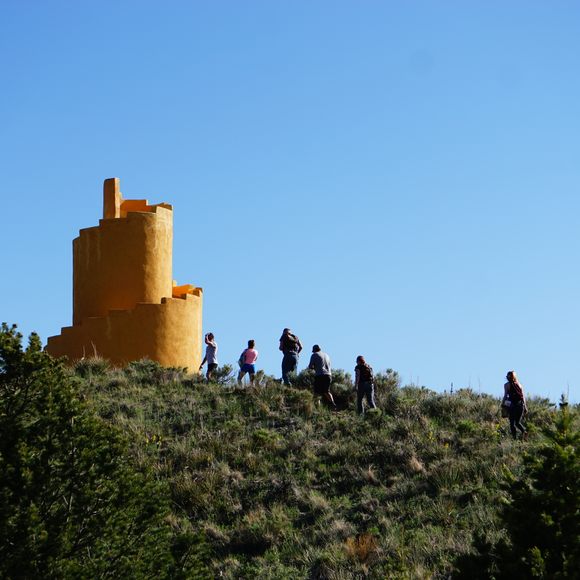

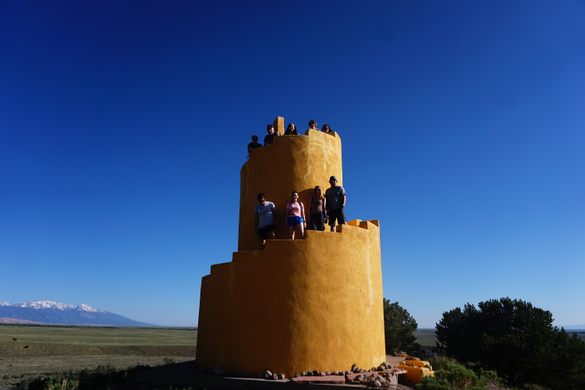



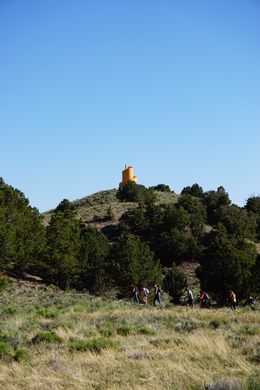

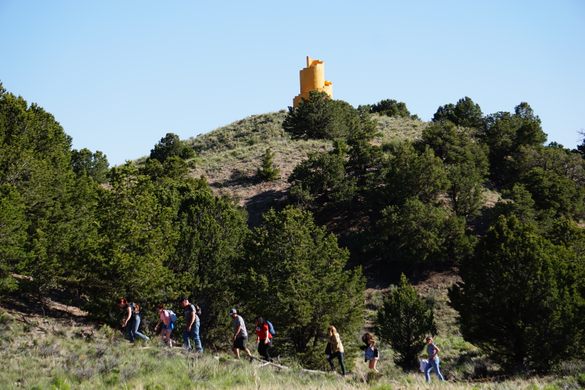





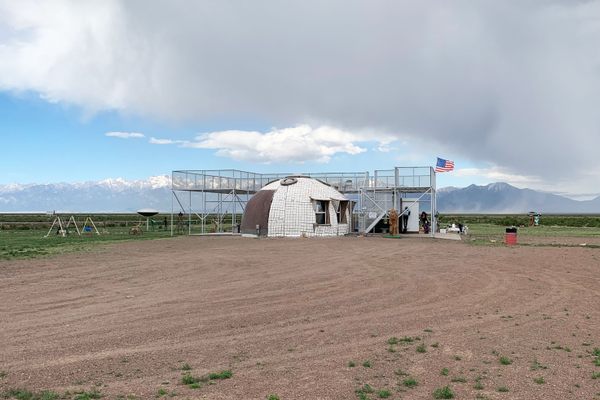
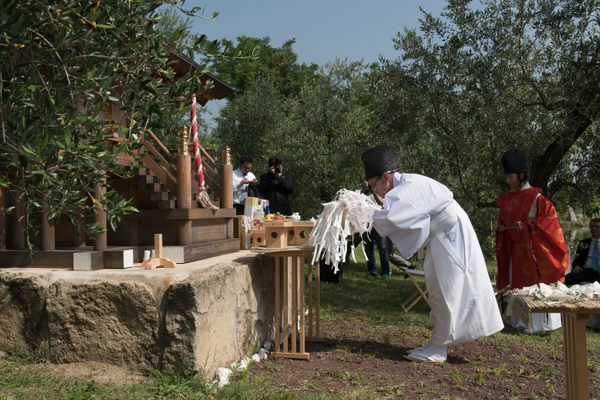

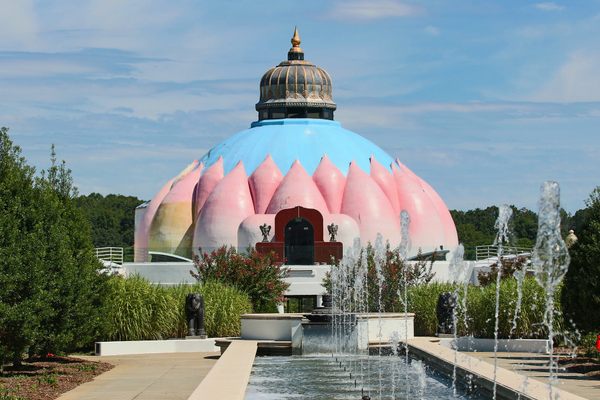





Follow us on Twitter to get the latest on the world's hidden wonders.
Like us on Facebook to get the latest on the world's hidden wonders.
Follow us on Twitter Like us on Facebook